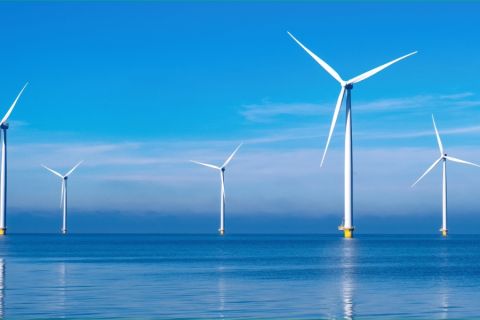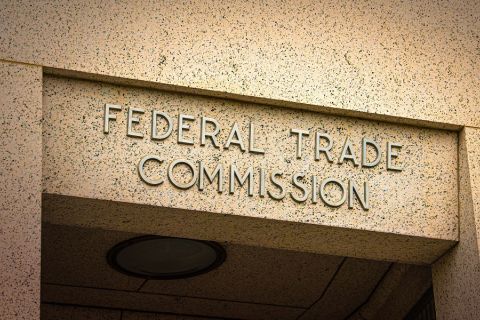Petroleum dealers have flagged a surge in the smuggling of Iranian fuel to Pakistan, saying that up to 35% of diesel sold in the South Asian country has arrived illegally from Iran, the Pakistan Petroleum Dealers Association (PPDA) told Reuters on May 9.
The association said that in the past, the smuggling of fuel was limited to the Pakistani province of Balochistan, but that it has now spread to the rest of the country.
In April, Pakistan's energy ministry asked security forces to clamp down on fuel smuggling from Iran, according to an official memo seen by Reuters. The memo said diesel sales have slumped “more than 40%" due to smuggled products.
Pakistan mostly meets its demand for fuel from the Middle East, but it is also smuggled in through its western border with Iran.
The minister of state for petroleum was not immediately available for comment.
The country is facing an acute balance of payment crisis with barely enough foreign exchange reserves to cover a month’s imports. Pakistan is undertaking several measures, including raising fuel prices, to unlock a $1.1 billion tranche of aid from the International Monetary Fund.
Fuel prices have jumped 143 rupees ($0.5046), or nearly 100%, in the last 12 months. Inflation stands at a record high of 36.4% for April, significantly diminishing purchasing power for individuals and companies.
The country’s oil product sales have dropped 46% to 8.8 million barrels in April compared to last year, according to the Oil Companies Advisory Council in Pakistan. A breakdown shows diesel sales have slumped 50% year on year. This excludes smuggled fuel.
According to an S&P Global Commodity Insights report, Iranian fuel is around 53 rupees cheaper than the official retail price per liter.
“Private dealers have been able to make decent profits by selling Iranian diesel rupees 35 ($0.1235)/liter cheaper than local dealers,” it added.
The energy ministry said that according to the Oil & Gas Regulatory Authority (OGRA), around 4,000 tonnes per day of fuel smuggled into Pakistan was causing a total revenue loss of around 10.2 billion rupees a month.
The PPDA said that Iranian fuel smuggled into Pakistan was further hurting the industry, already reeling from low sales.
“I think they're [government] allowing Iranian oil to be smuggled into the country because there's an FX shortage,” Abdul Sami Khan, chairman PPDA told Reuters.
“In the past smuggled fuel was restricted to just Balochistan, but it has now spread all over,” Khan said.
Due to Iranian fuel being significantly cheaper than domestic fuel, refineries are having trouble with stock uptake.
The energy ministry said there was a threat of supply insecurity for products other than diesel as refineries are operating at between 50-70% of capacity.
($1 = 283.4000 Pakistani rupees)
Recommended Reading
Guyana’s Stabroek Boosts Production as Chevron Watches, Waits
2024-04-25 - Chevron Corp.’s planned $53 billion acquisition of Hess Corp. could potentially close in 2025, but in the meantime, the California-based energy giant is in a “read only” mode as an Exxon Mobil-led consortium boosts Guyana production.
US Interior Department Releases Offshore Wind Lease Schedule
2024-04-24 - The U.S. Interior Department’s schedule includes up to a dozen lease sales through 2028 for offshore wind, compared to three for oil and gas lease sales through 2029.
Utah’s Ute Tribe Demands FTC Allow XCL-Altamont Deal
2024-04-24 - More than 90% of the Utah Ute tribe’s income is from energy development on its 4.5-million-acre reservation and the tribe says XCL Resources’ bid to buy Altamont Energy shouldn’t be blocked.
Mexico Presidential Hopeful Sheinbaum Emphasizes Energy Sovereignty
2024-04-24 - Claudia Sheinbaum, vying to becoming Mexico’s next president this summer, says she isn’t in favor of an absolute privatization of the energy sector but she isn’t against private investments either.
Venture Global Gets FERC Nod to Process Gas for LNG
2024-04-23 - Venture Global’s massive export terminal will change natural gas flows across the Gulf of Mexico but its Plaquemines LNG export terminal may still be years away from delivering LNG to long-term customers.





